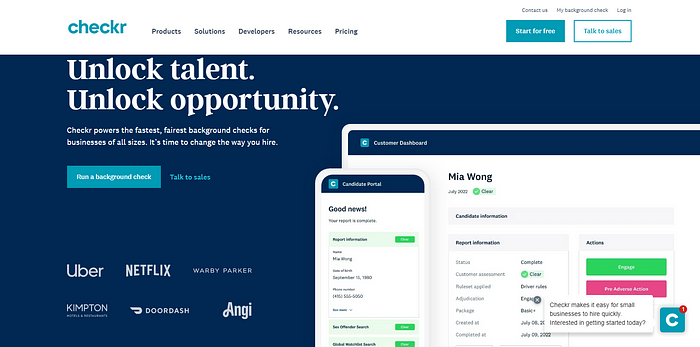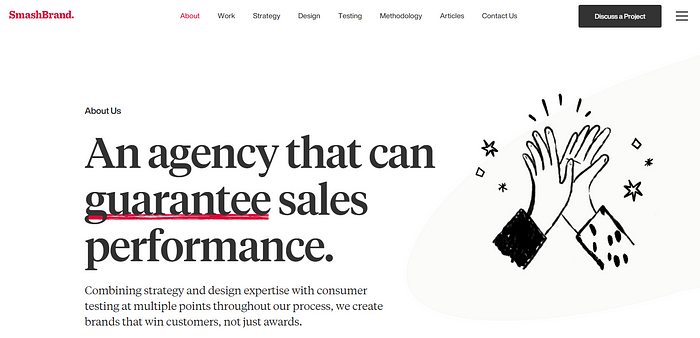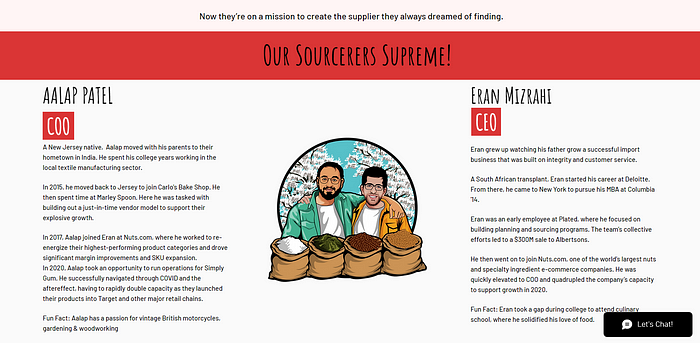17 Expert Insights to Unlock Your Team’s Potential for Business Performance
For your team to function at its best, the potential must be unlocked. To help you achieve just that, we’ve compiled 17 priceless tips from CEOs, founders, and other business executives. Discover the professional guidance that will enable you to unlock the actual potential of your team, from bringing your team together through collaboration to implementing SMART goals and flexibility.

I. Empowering Managers and Leaders to Dream Big
— Vipul Shah, COO, Ace Infoway
While so much has been discussed focusing on strengths and potentials, I feel we should work on the topmost aspect — coach and mentor our managers and aspiring leaders to dream and dream big within the boundaries of the value system of the organization. This coaching is often ignored and should be practiced. Once they start to dream, the next important step is to give direction, help create a structured plan, and coach (not manage) how to go about realizing this. If we can lead this by example, nothing like it. This can overall will help us propel business performance to new heights.
II. Tap into Team Motivators
— Denise Hemke, Chief Product Officer, Checkr

The best way to harness the power of the team is by tapping into what motivates them. Motivation is a skilled driver of performance, and when you understand what drives each individual team member and the team as a whole, you can use it to your advantage.
A great tip to target your employees’ motivation is by targeting intrinsic motivation by providing autonomy, mastery, and purpose, which are key elements to a productive team. By giving your employees the tools and freedom to work towards their own goals, you will empower them to create better work and foster a sense of ownership and pride.
III. Combine Trust, Transparency, and Autonomy
— Michael Alexis, CEO, teambuilding.com

The true power of a team lies in the collective energy and knowledge that each member brings to the group. To successfully harness this power and drive business performance, leaders need to create a culture of trust and transparency among all members.
For example, allowing for open dialogue between colleagues who have personal differences can help cultivate an environment where everyone’s ideas are respected and valued. This leads to more cooperation in pursuing growth opportunities and resolving challenges, which is integral for positively impacting business results.
Additionally, empowering teams with autonomy over their work has been shown to foster creativity and innovation while drastically improving efficiency. A common insight would be regular team outings that offer a sense of unity rather than just lunch meetings or group activities — these should also be customizable depending on the preferences of the team.
IV. Prioritize Deep Work for Performance
— Jason Vaught, Director of Content, SmashBrand

If you have a strong team, give them the freedom to complete meaningful work that transforms your company.
Deep work should live on each of the team’s calendars so that nobody can disturb them. Make it a company-wide habit and watch how it changes your company both in culture and performance.
V. Define Measurable Goals
— Oleh Chervonyi, BDM, RetroStyle Games
Working in the creative industry of game art creation or even multi-genre game development can sometimes be challenging to ensure that our entire ship, our team, is moving in one known direction.
In such cases, we define clear goals and communicate them to the team.
It is essential to be confident that each team member understands their role and responsibilities in achieving these objectives. Establish measurable targets that align with the company’s overall vision and regularly track progress. Especially for creative professions where not all specialists work with numbers and think in graphs, it is necessary to inform everyone about the outcome and describe specific steps through which we can achieve them.
When our whole team moves in line, the results show a positive trend for the business.
VI. Foster Communication and Accountability
— Matthew Ramirez, CEO, Paraphrasing Tool
A communicative culture improves accountability and makes it easier for teams to work together. Too often, vague job descriptions go hand-in-hand with a lack of accountability. It’s important to break down tasks and roles and make sure your team’s responsibilities align with their abilities. That way, individuals and units can take full ownership of their duties and more clearly understand who they can ask for help.
One way to foster an inclusive culture is by providing regular feedback and having frequent team meetings. In addition to helping you identify overlapping responsibilities, communication within your team helps to ensure open lines of communication.
VII. Invest in Leadership Training
— Span Chen, Growth Director, Notta
Investing in leadership training for your entire team will ensure that each team member is properly supported to perform their best.
Provide regular opportunities for team members to improve their skills in areas such as strategic thinking, communication, problem-solving, conflict resolution, and other important facets of successful team performance.
VIII. Embrace Shorter Workdays and Technology
— Stephanie Venn-Watson, Co-founder, fatty15
I think most industries are headed toward shorter workdays. As the talent pool gets more competitive, offering less of a time commitment is a bargaining chip employers can use to entice quality workers who value flexibility.
Additionally, robust automation tools and project management software are continually emerging that save companies time and money. With modern technology helping out, fewer man-hours are needed — so why not pass those benefits on to your employees?
IX. Grow a Supportive Work Culture
— Eran Mizrahi, CEO and Founder, Ingredient Brothers

To tap into your team’s true power and boost business performance, focus on creating a work culture that thrives on open communication, collaboration, and trust. Encourage your team members to share their thoughts and ideas freely, valuing their diverse perspectives. Make employee growth and well-being a priority by providing support and development opportunities.
Not prioritizing employee growth only sets you up for failure. Remember to acknowledge and celebrate achievements as it drives motivation. Last, embrace innovation and adaptability, allowing room for creative problem-solving.
X. Motivate with Recognition and Rewards
— Mark Pierce, CEO, Cloud Peak Law Group
When employees are recognized and/or rewarded for their work accomplishments, they’ll be much more motivated to continue to put in the effort and be willing to go above and beyond when necessary.
Recognition is also a great tool to keep teams motivated and performing optimally because when their accomplishments are recognized collectively, it reinforces the importance of teamwork and how much it pays off. Providing rewards for employees for a job well done is an easy way to show your appreciation and adds a little extra emphasis over general recognition.
If you have made it here, You would probably want to read the complete post. Don’t Worry! Link below:
Boost Business Performance: Unleash Your Team's True Power
Wrap Up
Never undervalue the power of a solid team while trying to improve business performance. The experts agree that you may unlock latent potential, encourage creativity, and produce amazing results by leveraging the team’s collective talents, various viewpoints, and collaborative efforts.
At Ace Infoway, we take pleasure in creating an environment where talented individuals can effortlessly collaborate to produce cutting-edge software solutions. Contact us right away to start an exciting adventure filled with fruitful collaboration and outstanding software solutions.
